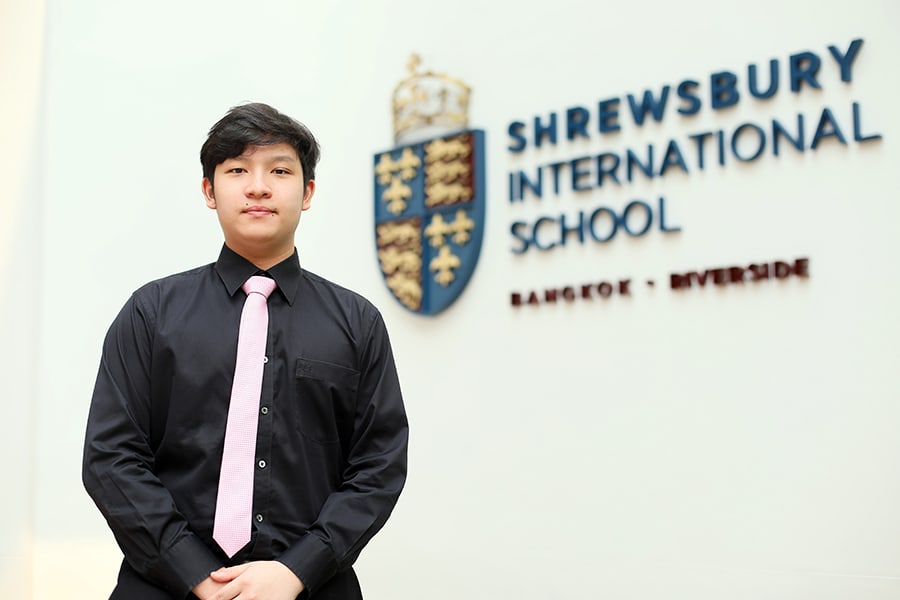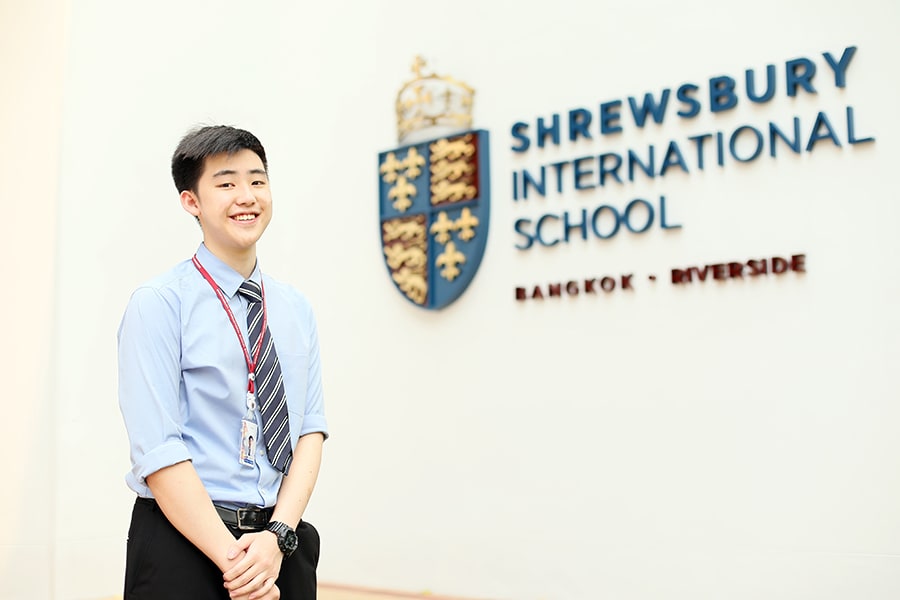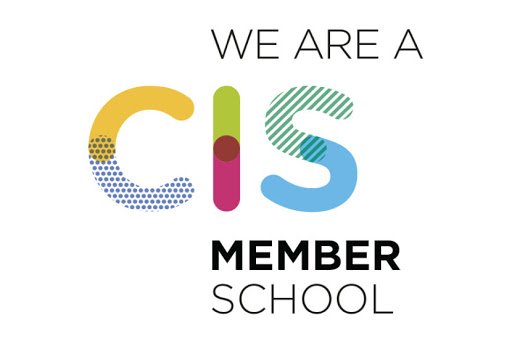NEWS
OUTSTANDING EPQ SUCCESS PREPARES STUDENTS FOR UNIVERSITY

At the beginning of March, 10 year 13 Shrewsbury students received the results from their EPQ project.
All received A/A* grades.
It would be easy to view this as yet another example of Shrewsbury’s academic excellence; indeed, it certainly is...it’s already tempting to discuss the ongoing dedication of our students and the expertise of our teaching staff.
But these articles already exist in abundance; another would be to overlook the individual stories behind these projects - and how, in choosing to embark on the EPQ, 10 students have now received an unparalleled and significant boost to their university applications - and an invaluable head start to their university and post-graduate careers.
Here, we focus on three EPQ students, with their personal stories below, to shine a light on the value and versatility of this ever more notable qualification.
BUT FIRST; WHAT IS IT?
Perhaps we should begin with some clarification and avoid the assumption we all know what an EPQ is.
If, like me, you began this article with the ringing of “What exactly is it?” echoing inside your mind; allow me to share my newfound knowledge (helpfully clarified by Christopher Langridge, Shrewsbury’s EPQ coordinator and teacher of Economics).
An EPQ, or Extended Project Qualification, is an independent qualification that sits alongside A-Levels. It is not an A-Level itself - and statistically, its UCAS weighting counts for 50% of one. Yet universities are viewing it with increasing focus and significance.
The EPQ, as its name would suggest, is an extended project which allows students to guide their own learning. While the project is fully independent, teachers offer support at every stage.
First, students choose an area of interest. This could be anything, but must fit within one of four available EPQ types:
- Dissertation: a theoretical written project on any topic presenting an argument, eg research into a biological, historical or environmental issue
- Investigation/Field Study: a practical investigatory project involving the collection of data, eg a scientific investigation
- Performance: development of practical skills resulting in a performance, eg performing music, drama, sport
- Artefact: a more practical approach with 50% of the project dedicated to the production of an object/thing eg designing a piece of furniture or solving an engineering/construction problem
Students draft a title and aims of their project. They then plan, explore, research and carry it out - all over the course of one year, fully managing their own time. Simultaneously, a portfolio of evidence is collected from each stage of development.
The final stage of the EPQ sees students deliver a presentation on their findings to an audience, about a month prior to final submission.
PERSONAL STORIES
Let’s return to the beginning of this article, with a reminder of the opening comment.
At the beginning of March this year, 10 year 13 Shrewsbury students received the results from their EPQ project.
All received A/A* grades.
Here, we focus on three students; Kas, Pam, and Tee, to give insight into this remarkable qualification and shine a spotlight on their personal journeys of discovery.
KAS (CLICK PICTURE, BELOW, FOR FULL EPQ PROFILE)
PAM (CLICK PICTURE, BELOW, FOR FULL EPQ PROFILE)
TEE (CLICK PICTURE FOR FULL EPQ PROFILE)
In selecting these three students, we provide a snapshot. The stories of Kas, of Pam, and of Tee represent the variety the EPQ offers. Each student undertook a uniquely different EPQ project.
CRITICAL SKILLS AND UNIVERSITY INTEREST
The independent nature of the work is significant. The qualification is designed to extend and develop a students’ research skills and offers an unparalleled opportunity to acquire knowledge beyond the classroom in an unconstrained way.
No other key stage 5 qualification offers such versatility. The ability to dive into an area of students’ own curiosity with such scope and detail, and develop critical project management skills essential for further education, means some of the most prestigious universities are taking notice.
In fact, on the admissions pages of The University of Cambridge’s own website, it is stated “We welcome the EPQ and would encourage applicants to take one as it will help to develop independent study and research skills valuable for higher education”.
The University of Oxford goes further - actively encouraging students to mention it in their application:
“The University recognises that the EPQ will provide an applicant with the opportunity to develop research and academic skills relevant for study at Oxford. Candidates are encouraged to draw upon relevant EPQ experience when writing their personal statement”
…and University College London puts significance on its ability to prepare students for university life when commenting: “UCL recognises the EPQ's value as preparation for independent study, which is key to university-level study”.
Some universities will even give two offers; one with, and one without the EPQ.
CONGRATULATIONS TO ALL OF OUR EPQ STUDENTS
Kas’ personal connection to engineering saw him choose an artefact; making multiple 3D-printed electric motors to measure efficiency. Pam chose a presentation, focussing on a style of music close to her heart and performing a number of exquisite piano recitals in front of an invited audience, and Tee’s passion for biology and medicine meant he was able to hypothesise on important clinical and scientific questions in the form of a dissertation.
Theirs are narratives which are individual and unique to them. All 10 EPQ students have their own story - and their excellent work has gained each and every one of them an A/A* grade; congratulations to all students for their tireless efforts and uninhibited passion.














